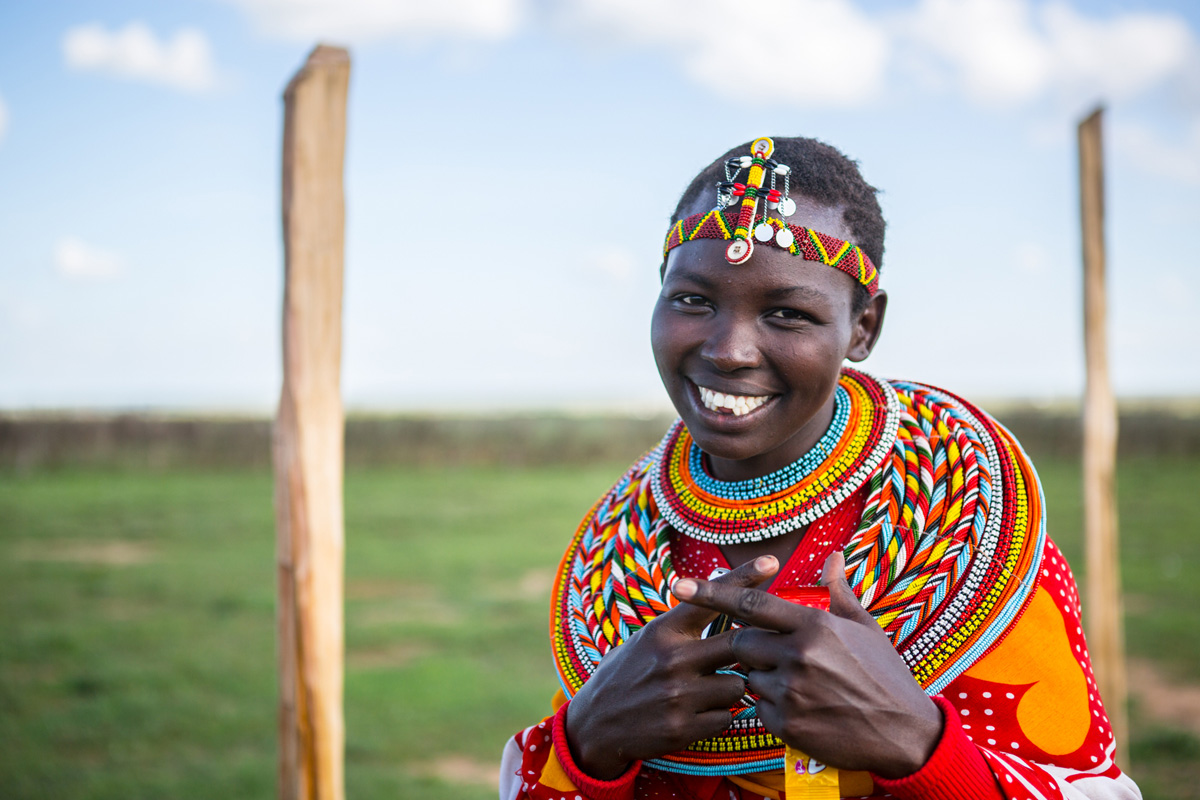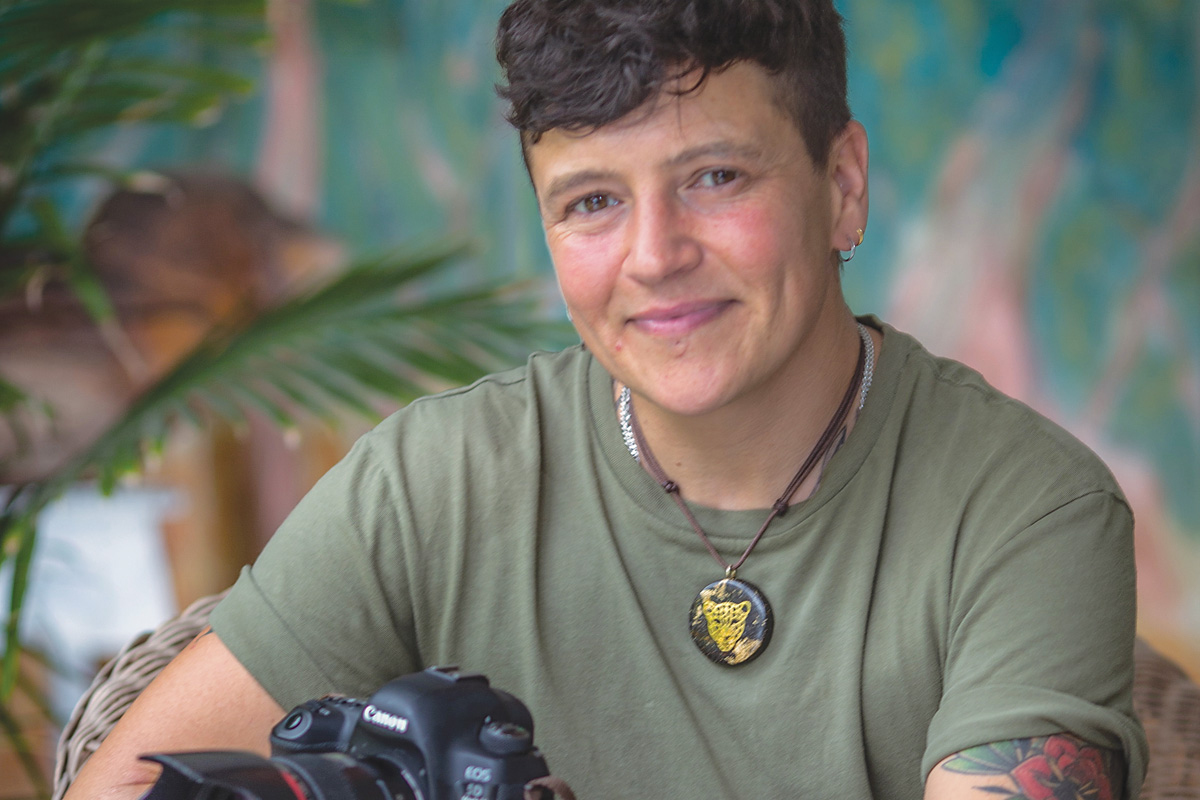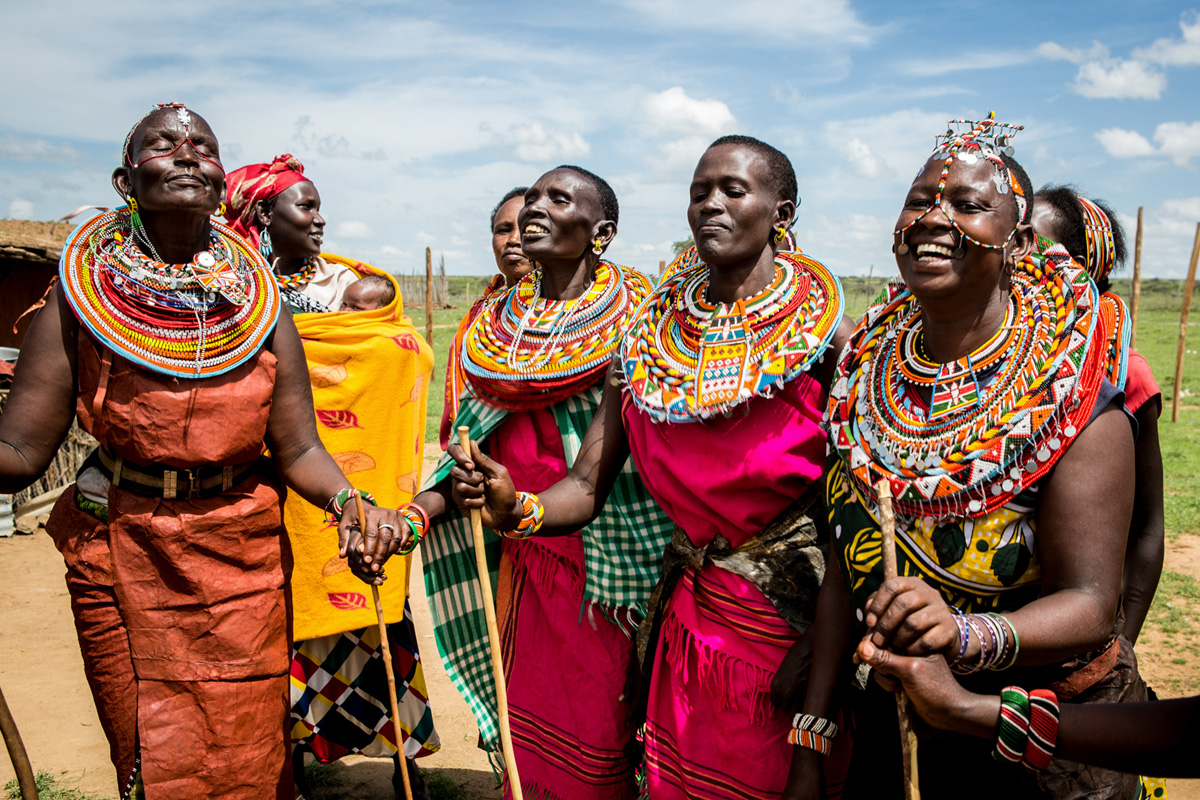
By Andrea Louise Thomas Photos Gary Sissons & Noa Fletcher
Mount Martha documentary photographer Naomi ‘Noa’ Fletcher has lived an extraordinary life. Noa identifies as non-binary and uses they/them pronouns. Noa spent twenty years travelling the world photographing people and places in diverse regions of the globe.
Their photographic storytelling journey began when their parents gave them a Pentax 35mm film camera for their 21st birthday. A year later they started a three-year trip traveling around South East Asia, India and Nepal. Arriving later in Ireland, they had 80 odd rolls of undeveloped film. They developed one roll at a time as finances became available.
They saw the world and their vision of it unfolding. There was no doubt documentary photography was their professional destiny.
Noa spent ten years living in Europe where they found community and friendships that have lasted for decades. They then travelled to Pakistan-controlled Kashmir, just after a major earthquake. Noa developed relationships with women and families who were moving through grief and helped to create a space for women’s gathering within a predominantly male relief effort.
Travelling through the Middle East and Africa next, Noa forged friendships in remote communities spending months living with them, learning their languages and immersing in their cultures so they could respectfully bring community stories to life in intimate and personal detail through the lens of their camera.
One of their most transformative experiences came from living six months with women of the Samburu tribe in Kenya. Many of the women were widowed as they had married very young to much older men. Often, the women were supporting five to seven children and living hand to mouth.

Noa reached out to their contacts and set up a fundraiser to meet what the women identified as their most pressing need – a fence to protect their crops from zebras. In no time at all funds rolled in. With this money, the women were able, not only secure their crops, but to purchase livestock. They erected a commercial sized greenhouse that now supports the whole community. When Noa went back two years later, the women’s farmlands had expanded and livestock numbers had increased ten times.
Another of Noa’s most life-changing experiences took place in Guinea, West Africa. Noa was documenting the life of a young woman, Mariame, who died on a refugee boat between Libya and Italy. Noa lived with Mariame’s family less than a year after she died. Mariame was famous in her village for being the first female welder and for starting a youth employment network and a radio station. “It was incredible to document the legacy that Mariame left behind but also just to be there, with the family, while they moved through all the complex emotions of that loss,” Noa says.
Noa’s goal is to find people doing amazing things and give them a platform to be seen and heard through photography and storytelling. Noa explains, “I’ve never been one to start with a cause. I start with relationships and with trying to understand what’s present in people’s daily lives; what their joys are, what their struggles are. There’s always a way in: by being playful, by being curious, by spending time. Often I’m just leveraging my own privilege to help put a tiny stopgap in the cycle of poverty for incredible and resilient people.”
In 2019, while working in England, just before planning to return to Kenya, Noa discovered a lump in their breast that turned out to be cancer. Noa flew home to Melbourne to undergo chemotherapy, surgery and radiation.
Not long after Noa finished breast cancer treatment, they were unable to leave Australia due to the COVID-19 pandemic. This pause period allowed them time to explore their gender. In 2021, Noa underwent gender-affirmative top surgery – the surgical removal of their breasts. Noa says, “Ten years ago I seriously considered having top surgery as my breasts never felt like they belonged on my body. At the time it felt extreme and I couldn’t justify the $12,000 price tag, but then a few years later I was diagnosed with breast cancer. Ha! Joke was on me.”




Noa hopes that when they return to living abroad they will still have access to the intimate women’s spaces they adore, like washing clothes by the river and fetching water. “These are magical spaces for me where women are completely themselves, loud and uninhibited. The communities that I keep returning to will always know me as Naomi and I am totally ok with that.
I’ve been perceived as a woman for most of my life and that shared experience is important to me,” Noa says.
For now, Noa is content living on the Mornington Peninsula where they have family and community. Noa defines their work as renegade documentary photography. “Documentary photography isn’t something that only happens elsewhere. Everyone has a story. Right now, I’m very happy to be here in this beautiful part of the world,” Noa says.
When cancer and COVID-19 stopped Noa in their tracks, they had to reassess. “I had to ask myself, who am I without travel and the communities abroad I’ve poured my heart and soul into?” This began a new journey into the nature of personal identity and the importance of knowing the truth of who you are. Noa now moves through the world in a different and unique, but deeply satisfying way.
